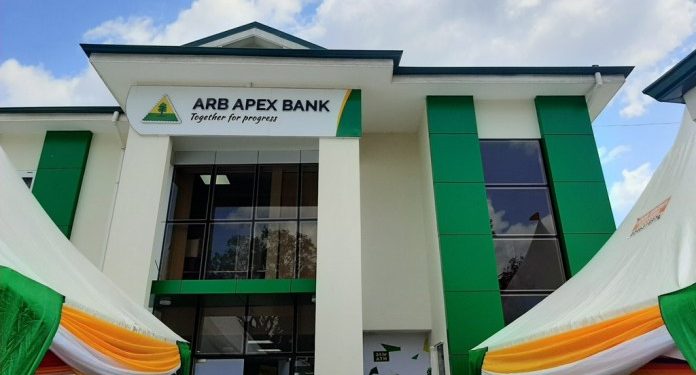The Bank of Ghana (BoG) has issued a draft Risk Management guideline and Corporate Governance (CG) directive for Rural and Community Banks (RCBs) to help strengthen their business operations.
According to the Bank of Ghana, the objective for issuing these documents is to “require regulated financial institutions to adopt sound corporate governance principles and best practices to enable them undertake their licensed business in a sustainable manner,” and to alleviate risk exposures RCBs encounter as part of their ‘financial intermediation’ role.
This will go a long way to promote the interest of depositors and other stakeholders, reinforce and maintain public trust and confidence, as well as to maximize shareholders value and interests, which are critical to the proper functioning and survival of regulated financial institutions like RCBs, the Bank of Ghana added.
Detailing the Corporate Governance directive, the Bank of Ghana hinted that a person can be barred from an appointment as a director or a key management personnel of a regulated financial institution if “associated with the management of an institution which is being or has been wound up by a court of competent jurisdiction on account of bankruptcy or an offence committed under an enactment”.
Also, a proposed director elected by the financial institution can assume office after a disclosure of their interest and only when their appointment is ratified by the Bank of Ghana in the form of a “written approval/clearance by the Bank of Ghana after the Bank has made a determination of ‘fit and proper’ of the proposed Director,” the Bank of Ghana cautioned.
The Bank of Ghana further asserted that only Ghanaians can hold shares in RCBs subject to the following limits “Shareholding by an individual shall not exceed 30% of total shares, Family or related party ownership shall not exceed 40% of total shares, Community participation in ownership shall not be less than 20% of total shares, and Corporate bodies are restricted to a maximum of 50% of total shares”.
“The Board shall operate under a Board Charter which outlines the appropriate governance practices for its own work and have in place the means to ensure such practices are followed and periodically reviewed for improvement”.
Delving into the Risk Management guideline, the Bank of Ghana intimated that “risk is an integral part of activities carried out during financial intermediation. The mobilization of savings and granting of credits for example, are basic activities that give rise to risk in the operations of the RCB” as such they cannot afford to ignore risk.
“It is therefore important for RCBs to adopt strategies that will facilitate effective and efficient management of risk for the RCB to be successful and meet set financial and social goals” the Bank of Ghana alerted.

The Bank of Ghana went on to emphasize the need for RCBs to have a risk management framework and to install an effective and robust Management Information Systems (MIS) and data collection and tracking mechanisms.
“Effective MIS is also important for the generation of various models for testing capacity of RCBs to respond to various degrees of risk”.
Outlining the benefits of an effective risk management system the Bank of Ghana said it promotes a profitable and sustainable RCB, who are able to make educated and informed decisions and increase their capacity to protect existing capital and attract new capital.
Also, the Board of Directors, management, operational staff, internal auditors, risk management committee are vital for RCBs to realise this risk management agenda and as such it’s important to institute these committees and departments. It behoves on all stakeholders to work together and play their part to manage risk efficiently, Bank of Ghana opined.























